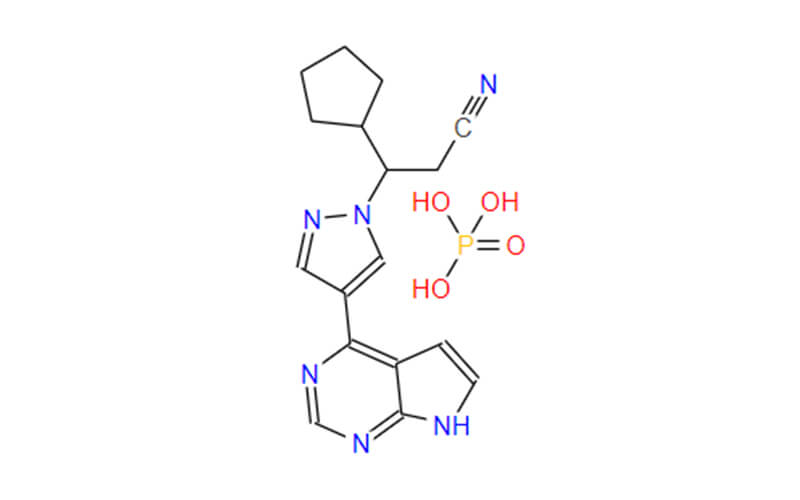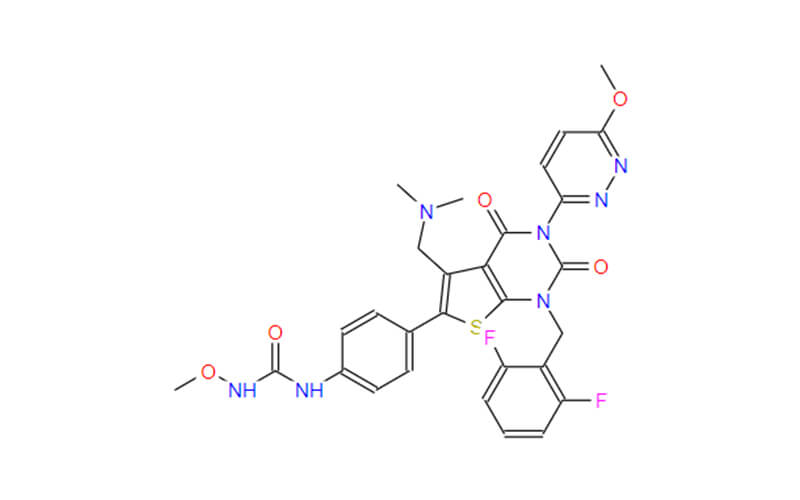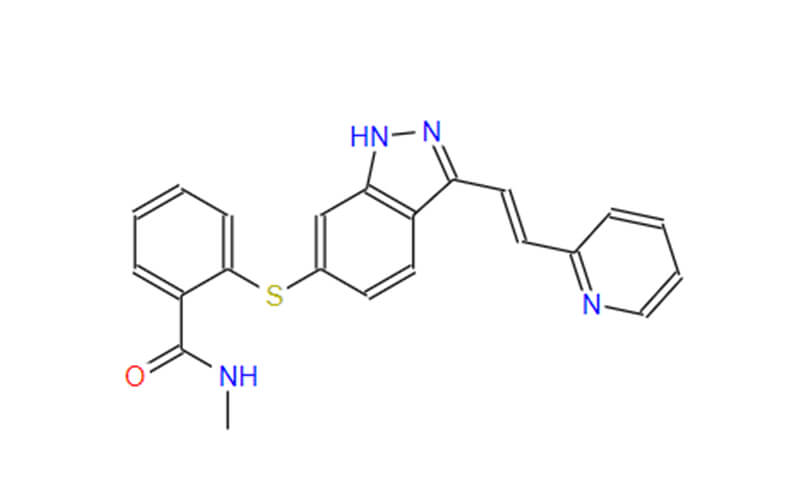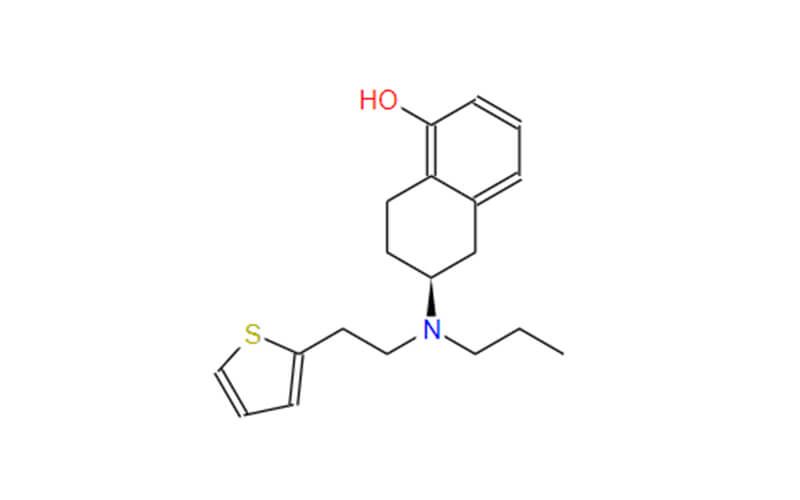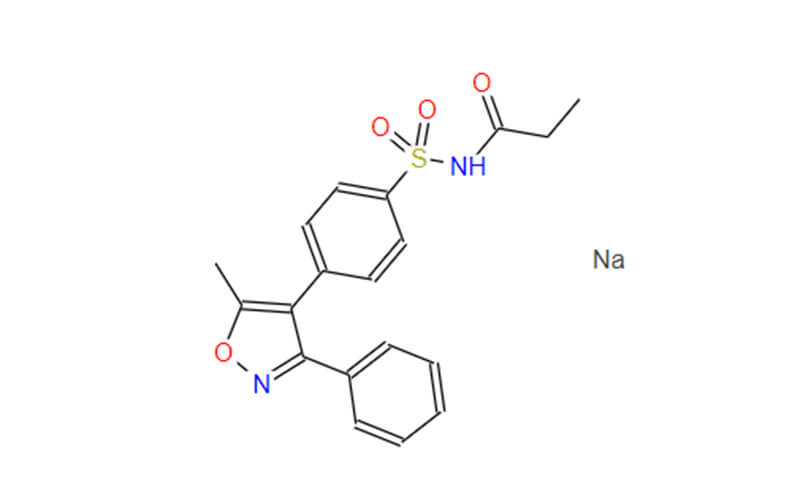How Bisoprolol Fumarate Benefits the Elderly?
Bisoprolol fumarate is a beta-blocker medication that is used to treat high blood pressure, angina pectoris, and heart failure. It is a well-established and safe medication, but it is important to be aware of the special considerations for its use in the elderly.
Pharmacokinetics and Pharmacodynamics in the Elderly
The elderly population is more likely to have age-related changes in pharmacokinetics and pharmacodynamics, which can affect the way that bisoprolol fumarate is absorbed, distributed, metabolized, and excreted. For example, the elderly may have reduced renal function, which can lead to higher blood levels of bisoprolol fumarate. Additionally, the elderly may be more sensitive to the effects of beta-blockers, such as bradycardia and hypotension.
Clinical Considerations of Bisoprolol Fumarate for the Elderly
Key points:
- Bisoprolol fumarate is a safe and effective medication for the elderly, but there are some special clinical considerations that should be kept in mind.
- The starting dosage of bisoprolol fumarate for the elderly should be lower than the starting dosage for younger adults.
- The most common side effects of bisoprolol fumarate in the elderly are bradycardia, hypotension, fatigue, dizziness, and lightheadedness.
- Bisoprolol fumarate can interact with a number of other medications, so it is important to carefully review the patient’s medication list before starting the medication.
- Bisoprolol fumarate should be used with caution in the elderly with other medical conditions, such as asthma, COPD, and diabetes.
Recommendations:
- Start with a lower dose and titrate slowly to achieve the desired therapeutic effect.
- Monitor blood pressure and heart rate closely.
- Be aware of potential drug interactions.
- Use with caution in elderly patients with other medical conditions.

Dosage and Administration of Bisoprolol Fumarate in the Elderly
The dosage and administration of bisoprolol fumarate in the elderly is similar to that in the general population. However, there are some special considerations that should be taken into account.
- Starting dose:
The starting dose of bisoprolol fumarate for the elderly is typically 2.5 mg once daily. This dose may be increased gradually to a maximum of 20 mg once daily, as tolerated.
- Dose adjustments:
Dose adjustments may be necessary for elderly patients with renal impairment or other medical conditions. For example, patients with renal impairment may require a lower dose of bisoprolol fumarate.
- Monitoring:
Elderly patients taking bisoprolol fumarate should be monitored closely for any side effects. This is because the elderly are more likely to experience side effects from beta-blockers, such as dizziness, fatigue, and bradycardia.
- Specific considerations:
Elderly patients with chronic obstructive pulmonary disease (COPD) should be monitored carefully for signs of bronchoconstriction.
Elderly patients with diabetes should be monitored carefully for signs of hypoglycemia.
Elderly patients with heart failure should be monitored carefully for signs of worsening heart failure.
Overall, the dosage and administration of bisoprolol fumarate in the elderly is similar to that in the general population. However, there are some special considerations that should be taken into account, such as a lower starting dose and close monitoring for side effects.
Please note that this is general information and should not be taken as medical advice. It is important to talk to your doctor about the best dosage and administration of bisoprolol fumarate for you, especially if you are elderly.
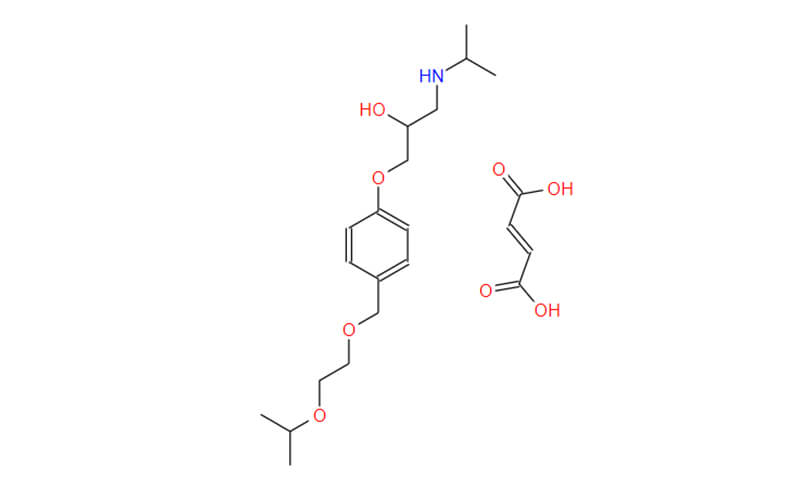
Special Considerations of Bisoprolol Fumarate for the Elderly
The elderly are more likely to experience orthostatic hypotension when taking bisoprolol fumarate. Orthostatic hypotension is a sudden drop in blood pressure when standing up from a sitting or lying position. It can cause dizziness, lightheadedness, and fainting. To reduce the risk of orthostatic hypotension, the elderly should stand up slowly from a sitting or lying position and avoid standing for long periods of time.
The elderly are also more likely to experience cold intolerance when taking bisoprolol fumarate. Cold intolerance is a sensitivity to cold temperatures. To reduce the risk of cold intolerance, the elderly should dress in warm clothes and avoid exposure to cold temperatures.
Qingmu Pharmaceutical is a Leading Bisoprolol Fumarate Manufacturer
Sichuan Qingmu Pharmaceutical Co., Ltd. is a leading manufacturer of bisoprolol fumarate in China. The company has a state-of-the-art manufacturing facility that is compliant with global regulatory standards. Qingmu’s bisoprolol fumarate is exported to many countries around the world and is known for its high quality and competitive price.
Conclusion
Bisoprolol fumarate is a safe and effective medication for treating a variety of medical conditions in the elderly. However, it is important to be aware of the special considerations for its use in this population. The starting dose of bisoprolol fumarate in the elderly is typically lower than the starting dose in younger adults, and the dose should be titrated slowly to the desired therapeutic effect while monitoring for side effects. It is also important to monitor the elderly patient closely for orthostatic hypotension, cold intolerance, and other side effects.

